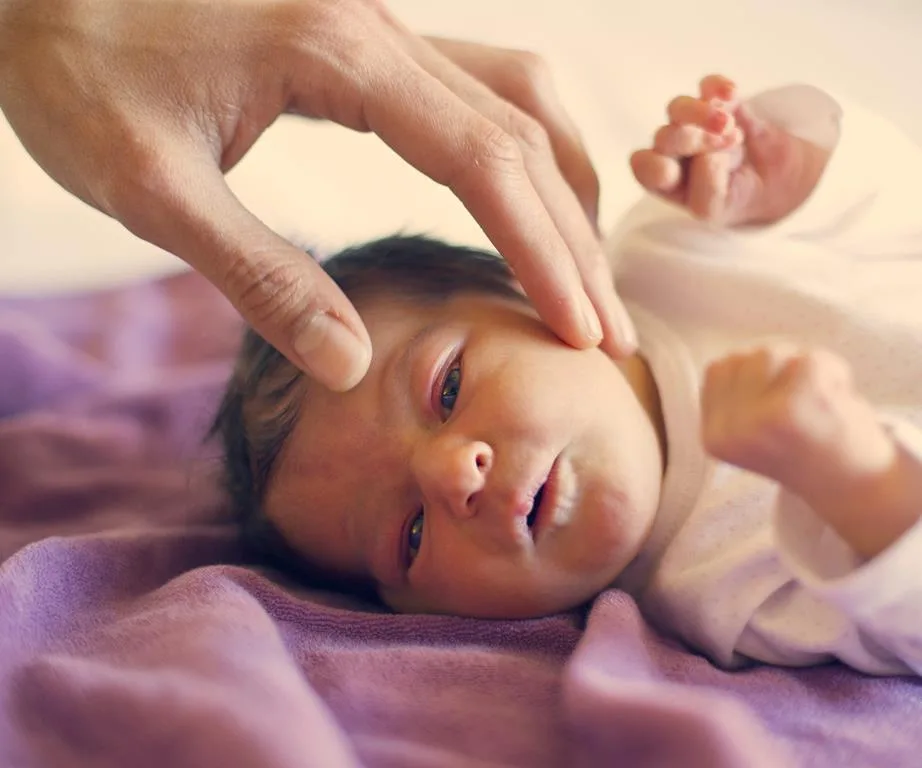In news sure to bring a sigh of relief to many, a new study has found that a low-dose of Aspirin before bed can significantly reduce the risk of the pregnancy complication, preeclampsia.
“Preeclampsia is one of the most serious complications of pregnancy, with a high risk of death for the mother and baby,” senior study author and professor of fetal medicine at Kings College Hospital, Dr. Kypros Nicolaides, says, adding that “this condition is, to a great extent, preventable”.
In the ground-breaking study, scientists administered a dose of 150 milligrams per day from between 11 to 14 weeks of pregnancy, up until 36 weeks.

In Australia alone, preeclampsia accounts for 15 per cent of maternal mortality, and 10 per cent of perinatal mortality.
They found that this led to a 62 per cent reduction in the rate of pre-term preeclampsia, resulting in a delivery before 37 weeks, and an 82 per cent decrease in the rate of early preeclampsia resulting in delivery before 34 weeks.
“This extensive study is definitive proof that women can take simple measures in the first trimester of pregnancy to significantly reduce their chances of developing pre-term preeclampsia,” Professor Nicolaides says.
The results were so positive, that some are now calling for low-dose aspirin to be routinely prescribed to expectant-mothers at high-risk.

Kim Kardashian was warned off having a third child after she struggled through preeclampsia in her first pregnancy with daughter North.
What is preeclampsia and why is it dangerous?
Preeclampsia occurs in 5-10 per cent of pregnancies, and 2 per cent of these cases can be life-threatening to both mother and her child.
In very serious cases, a medical emergency may occur when the placenta separates from the uterine wall, causing the mother-to-be experience vaginal bleeding and abdominal pain.
Around 60,000-70,000 women are killed each year around the world, as are around half-a-million babies.
Who suffers from preeclampsia?
While Better Health Victoria state that it’s often difficult to pin-point who is at risk, they have predicted who is most vulnerable:
• Women in their first pregnancy
• Women with diabetes
• Women with a family history of the condition
• Women with high blood pressure
How is preeclampsia treated?
Currently, there is no medicinal cure for preeclampsia, but symptoms like high blood pressure and convulsions can be controlled through medication.
Until this new discovery may be put in place, experts say the only real cure is to deliver the baby and the placenta.
Often there are symptoms (like fluid retention) that some women pass off as a normal sign of pregnancy, but, in fact, it could be an indicator of pre-eclampsia. This is what it is vital to keep up with antenatal checks.
If untreated, sufferers of preeclampsia may experience dizziness and headaches, abdominal pain (just below the ribs), vomiting and nausea, and in extreme cases, convulsions, kidney and liver failure, as well as clotting problems.
If you wish to learn more about preeclampsia, contact your local GP.


